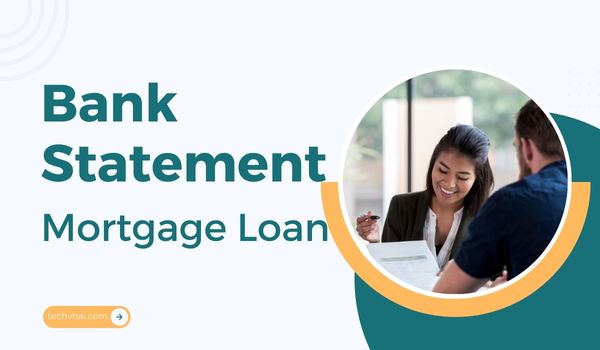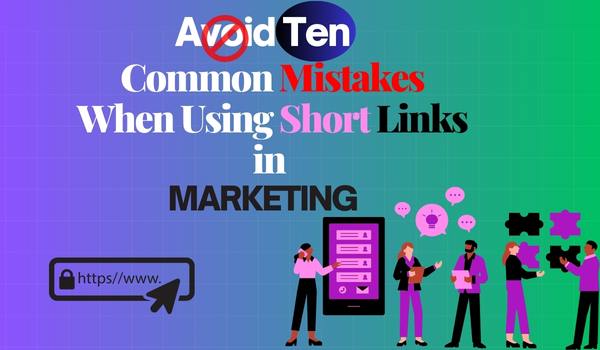Bank Statement Mortgage Loan: For those of you who are self-employed, working freelance, or as an independent contractor, you are likely aware that obtaining a traditional mortgage can be rather difficult. This is mainly because a typical home loan would require a borrower to provide evidence of regular income, which for someone who does not work on a conventional salary will offer a real obstacle. This is where a bank statement mortgage loan can change everything.
In this article, we will examine bank statement mortgage loans and their advantages, the people who qualify, who they are meant for, and the procedures that entail applying for one. Such information will assist you in determining whether or not this particular loan type is appropriate for you.
What is a Bank Statement Mortgage Loan?
This specific type of mortgage is meant for borrowers who do not receive a predictable salary but have cash flow and bank deposits. The Bank Statement Loan does not require tax returns or W-2s, but rather bank statements to gain insight into the borrowers’ income, making this loan suitable for the self-employed and business owners.
Unlock Home Financing with a Bank Statement Loan
Why Bank Statement Mortgage Loans are Becoming Common
Self-employed freelancers and gig workers will find Bank Statement Mortgage Loans quite appealing. There has been a gradual tendency to transform the workroom over the last decade, which is the gig economy. That said, this kind of mortgage performs fully well with people with diverse income or employment structures because it does not demand income verification in an orthodox manner.
How Bank Statement Loans Work
In a bank statement mortgage loan, the lender looks at a borrower’s recent bank account activity, usually the past 12–24 months. This allows the lender to assess how much an individual makes in a month without requesting formal proof of income. Such computation provides advantages to people whose monthly earnings are not constant but vary every other month.
Key Benefits of Bank Statement Mortgage Loans
No Verification of Income on Official Documents
Since bank statement mortgage loans are based on documents, deposits, and bank activity, they suit businessmen and other self-employed people who do not have such official documents of income.
Don't Have to Submit Tax Documents
Most lenders will not be asking for tax returns from you, which means any deductions or write-offs you did as a business owner will not be reducing your income for purposes of getting a mortgage.
Increased Loan Amount
Bank Statement Mortgage Loans usually have high amounts of loan limits and are well suitable for purchasing bigger houses.
Who is eligible for a Bank Statement Mortgage Loan?
There is a scope for anyone who has a source of income that cannot be categorized in the traditional manner to be eligible, more so for the self-employed and those with irregular incomes. Typical examples of borrowers include:
Individuals working on their own
Freelancers, consultants and independent contractors
Owners of small and medium enterprises
Investors whose income is mainly from rentals
Eligibility Criteria for a Bank Statement Mortgage Loan
This is especially true with conventional mortgage loans, typically bound by more restrictions. In most cases, you will require the following documents or resources:
A Year’s Worth of Bank Statements: Lenders will require evidence of a deposit history that confirms the payment of income on a regular basis.
There is a Credit Score: The majority of lenders’ requirements for a credit score are 620; higher credit scores will attract lower interest and more favourable loan terms.
Deposit: Be prepared to deposit at least between 10% and 20%; this will depend on the lender as well as the size of the loan.
Reserves: Some lenders will require you to have cash reserves to serve as a buffer for low periods.
How Game Changer Login by Short Links
Categories of Bank Statement Loans
12-Month Bank Statement Loans
These loans utilize 12 months of bank deposit records to show income earnings. They are suitable in cases where the borrower received steady or appreciable amounts in deposits in more than the past year.
24-Month Bank Statement Loans
The longer the period, the less volatile the income expected and averaged over time. Such an option may help you secure a higher loan.
Personal vs. Business Bank Statement Loans
Business bank accounts may be needed while submitting documents for self-employed individuals, and personal statements where needed are most common for individuals. However, those who do business could find business accounts more suitable.
The Application Process
Pre-Qualification: The first step is to talk with a lender who has bank statement mortgage loans. Particularly one that suits your needs.
Bank Sequence Submission: When applying for a loan, the lender reviews the bank statements of the last twelve to twenty-four months.
Underwriting Process: This involves assessing the loan-to-value severity of those two factors, plus income and any other factors offered.
Approval and Closing: With the required information, once the underwriter gives the go-ahead permission.
Unlock Secret Benefits of Short Links for Social Media Success
Things to Consider Before Applying
Interest Rates: These advanced methods, however, incur slightly higher interest rates due to the higher risk associated with such advances.
Down Payment Requirement: Compared to traditional loans, they are considered more expensive since they require a greater down payment.
Fees and closing costs: Confirm with lenders regarding expenses and costs before applying for any of these loan types.
Bank Statement Mortgage Loan vs. Traditional Mortgage Loan
Before proceeding further, it is important to note that not all loans are created equal, and the Bank Statement Mortgage Loans are different from traditional loans in terms of documentation requirements, loan limits, and interest rates. Here’s a quick comparison:
| Criteria | Bank Statement Loan | Traditional Loan |
|---|---|---|
| Documentation | Bank statements | W-2s, tax returns |
| Typical Borrowers | Self-employed | Salaried |
| Down Payment | Higher | Lower |
| Interest Rate | Higher | Lower |
How to Create Memorable Short Links that Drive More Traffic
Advantages and Disadvantages of Bank Statement Mortgage Loans
Pros: i. No tax return or W-2 requirement ii. Flexible qualification standards iii-Suitable for various professions
Cons: i. Higher interest rate; ii. Bigger deposit iii-Limited availability
Conclusion
For the self-employed and anyone who has an irregular income, the Bank Statement Mortgage Loan is a suitable product for accessing homeownership. Although these loans are charged at a higher rate with more downpayment, the convenience provided with these loans is beyond that offered by standard mortgage loans. For individuals who have a qualification profile, it is a good idea to consider this type of loan as an option for conventional mortgage products.



